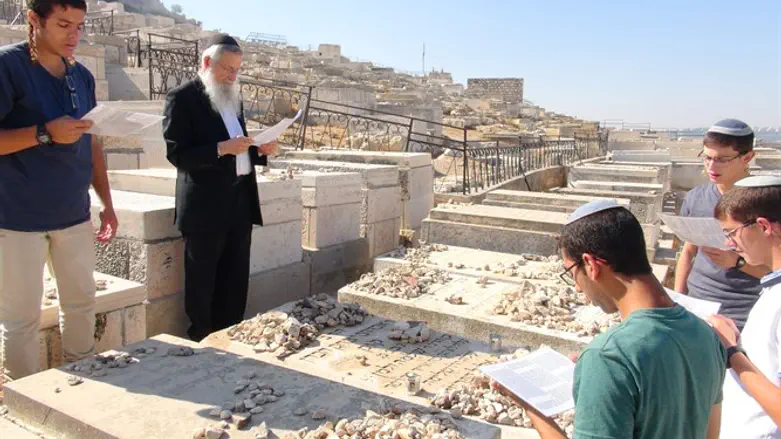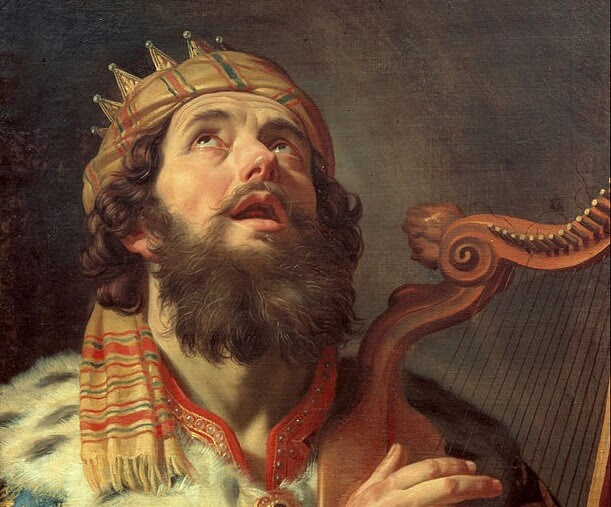
Twice in chapter 119 of Psalms, King David describes his nighttime meditations and prayers; however, these two descriptions appear to contradict one another:
One is:
קִדַּמְתִּי בַנֶּשֶׁף וָאֲשַׁוֵּעָה; לִדְבָרְךָ יִחָלְתִּי.
“I arose early in the evening and cried out; I hope for Your word.” (119:147)
While the second says:
חֲצוֹת-לַיְלָה אָקוּם, לְהוֹדוֹת לָךְ עַל מִשְׁפְּטֵי צִדְקֶךָ.
“I arise at midnight to praise You for Your just laws.” (119:62)

When did David arise? At the beginning of the night or at midnight?
The Sages suggested three ways to resolve this discrepancy:
- David rose sometime in the night, but never later than midnight.
- The first half of the night David would sleep fitfully, like a horse sleeping lightly while standing. But at midnight, he was fully awake, like a vigilant lion.
- During the first half of the night, David would study Torah (“I hope for Your word”). But at midnight, he would begin to sing songs of praise and thanksgiving (“to praise You for Your just laws”).
Private and Public Service
According to Rav Kook, all three explanations share a common thread, as they contrast David’s conduct during the first and second halves of the night.
The first part of the night is a time for rest and recuperation. David would utilize those hours for his own spiritual growth. During the early hours of the night, he would study Torah and contemplate God’s word: “I arose early in the evening... I hope for Your word.”
At midnight, David would begin his public service. He dedicated his working hours to attend to the needs of the nation. During the second half of the night, his service took on a more universal character, and the “sweet singer of Israel” would compose psalms of praise and thanksgiving: “I arise at midnight to praise You.”
The difference between David’s personal spiritual labors and his public service was manifested in three aspects:
- Consistency. Unlike his private spiritual service, his public duties could not be neglected. David would rise sometime in the night, but never later than midnight - the hour when he would engage in public service.
- Intensity. In his private study of Torah before midnight, David’s level of concentration depended upon his energy that particular evening. During those hours, he was like a weary horse, struggling against sleep. But in his labors for the nation, David would concentrate all of his powers, alert like a watchful lioness. He refused to allow fatigue and weariness to interfere with his public service.
- Content. Before midnight, David dedicated himself to Torah study and personal growth. But after midnight, he would compose lofty songs of praise and thanksgiving, such as the chapters of Tehillim, an extraordinary gift for all peoples and all times.
(Adapted from Ein Eyah vol. I, p. 8 on Berachot 3b, sent to Arutz Sheva by Rabbi Chanan Morrison, ravkooktorah.org)
Illustration image: ‘King David Playing the Harp’ (Gerard van Honthorst, 1622)




